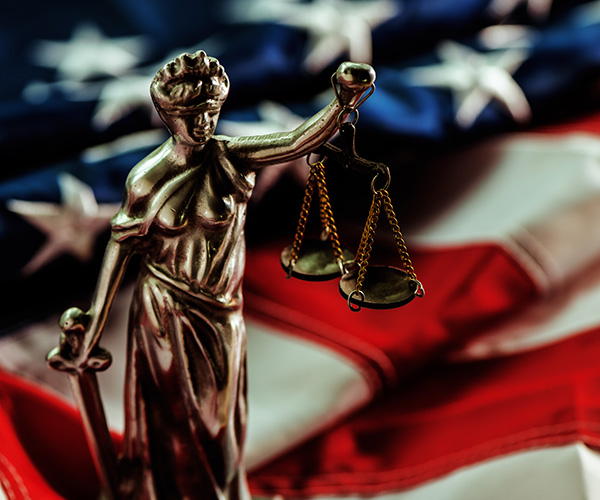In what would be the largest single increase in over ten years, a 3.2% raise has been suggested by House civil service leaders for all federal workers. Although workers experienced a 2020 increase of 3.1%, the rest have fallen between 1% and 2% over the past decade. If lawmakers are successful, the change will come into effect in January 2022.
With most Americans eagerly anticipating the Biden administration’s first budget, it will be interesting to see what it contains for federal workers. However, some are clearly pushing for this larger raise. For those who want news, you’ll need to wait since most raises are confirmed late in the year.
Rather than everybody receiving a 3.2% raise, it’s likely that this is an average figure across all workers. Individual raises will depend on location, job role, etc.
Other Potential New Bills
- Also Read: Divorce and Your Federal Pension—What Happens When You Split Assets and How It Could Affect Your TSP
- Also Read: What Happens to Your Federal Benefits After Divorce? Here’s the Lowdown
- Also Read: The Best FEHB Plans for 2025: Which One Fits Your Lifestyle and Budget the Best?
Next, HR-82 plans to remove the government pension offset and windfall elimination provision. For those unaware, these currently affect Social Security benefits. When drawing an annuity from CSRS or another federal retirement program, Social Security is reduced. With the windfall elimination provision, it has the potential to reduce Social Security by hundreds of dollars. Meanwhile, some workers will be left without Social Security benefits as a result of the government pension offset.
Finally, HR-353 would make federal security clearance impossible for anybody who took part in the Capitol Building riots early in January. What’s more, the same goes for people linked with movements or organizations spreading false information or conspiracy theories. With a new question on the appropriate forms, agencies would have the right to ask about a prospective candidate’s participation in the riots during the interview.
With one extra House addition, police officers and other law enforcement officers could soon be forced to install dashboard cameras into vehicles while also wearing body cameras themselves. The bill will establish universal rules for when these cameras should be active – it also states when videos are held and when they’re used as evidence.











